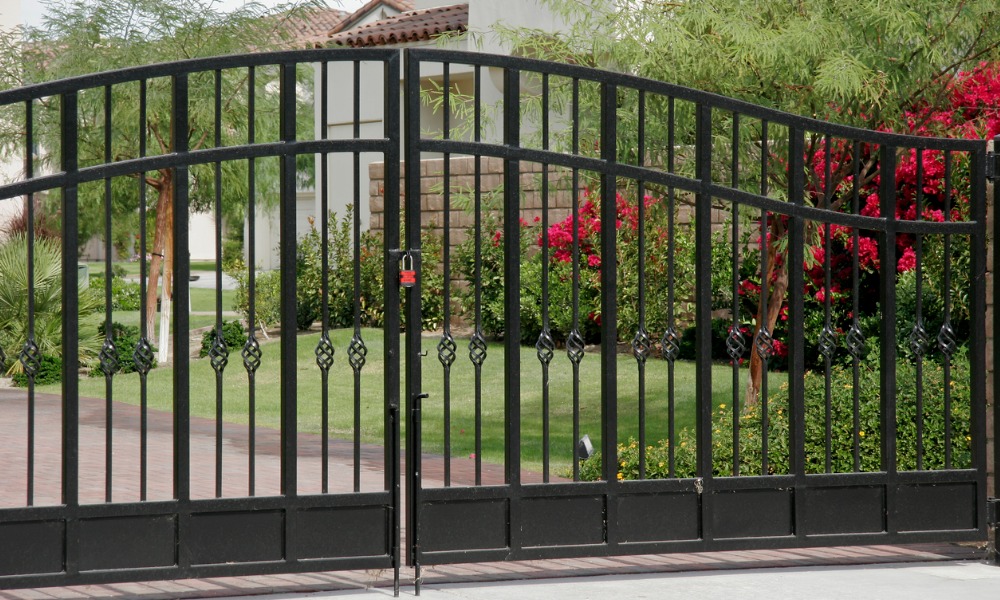
The parties have used the contested right-of-way for over 50 years

In a recent decision, the Ontario Superior Court of Justice ordered the removal of a gate blocking a right-of-way between two neighbouring properties in London, Ontario.
In Nolet v. Granger, 2024 ONSC 3134, the court determined that the gate constituted a “substantial interference” with the applicants' use and enjoyment of their right-of-way, which has been in place since the 1970s.
The applicants own a house on South Street, while the respondents own the adjacent house to the west. The right-of-way, eight feet wide and 75 feet long, runs entirely on the respondents' property and serves as a shared driveway, providing vehicle and pedestrian access to the backyards of both properties. Historically, both properties have used this right-of-way for over 50 years.
In February 2023, the respondents erected a gate across the entire width of the right-of-way at the end closest to South Street. The applicants argued that this gate significantly hindered their ability to access their property, especially for vehicular use, and sought its removal. They contended that the gate obstructed their lawful rights and made the right-of-way less convenient.
The respondents defended the gate's installation, citing an increase in neighbourhood crime and claiming it was necessary for security reasons. They argued that the gate did not constitute substantial interference with the right-of-way. However, the court found that the gate created significant inconvenience, requiring drivers to exit their vehicles to open and close the gate each time they used the driveway.
The Superior Court referred to established legal principles, noting that an obstruction is actionable if it substantially interferes with the dominant owner's ability to use the right-of-way as intended. The judge emphasized that the right-of-way grants "the fullest description for all lawful purposes," explicitly including vehicle use. The gate, therefore, impeded the applicants' reasonable use of the right-of-way.
The court also addressed a motion to strike portions of the respondents' affidavits, which included allegations of racial slurs by the applicants. The judge ruled these allegations irrelevant to the core issue of whether the gate interfered with the right-of-way and ordered them struck from the record.
Ultimately, the court ordered the respondents to remove the gate immediately and refrain from any future interference with the right-of-way.